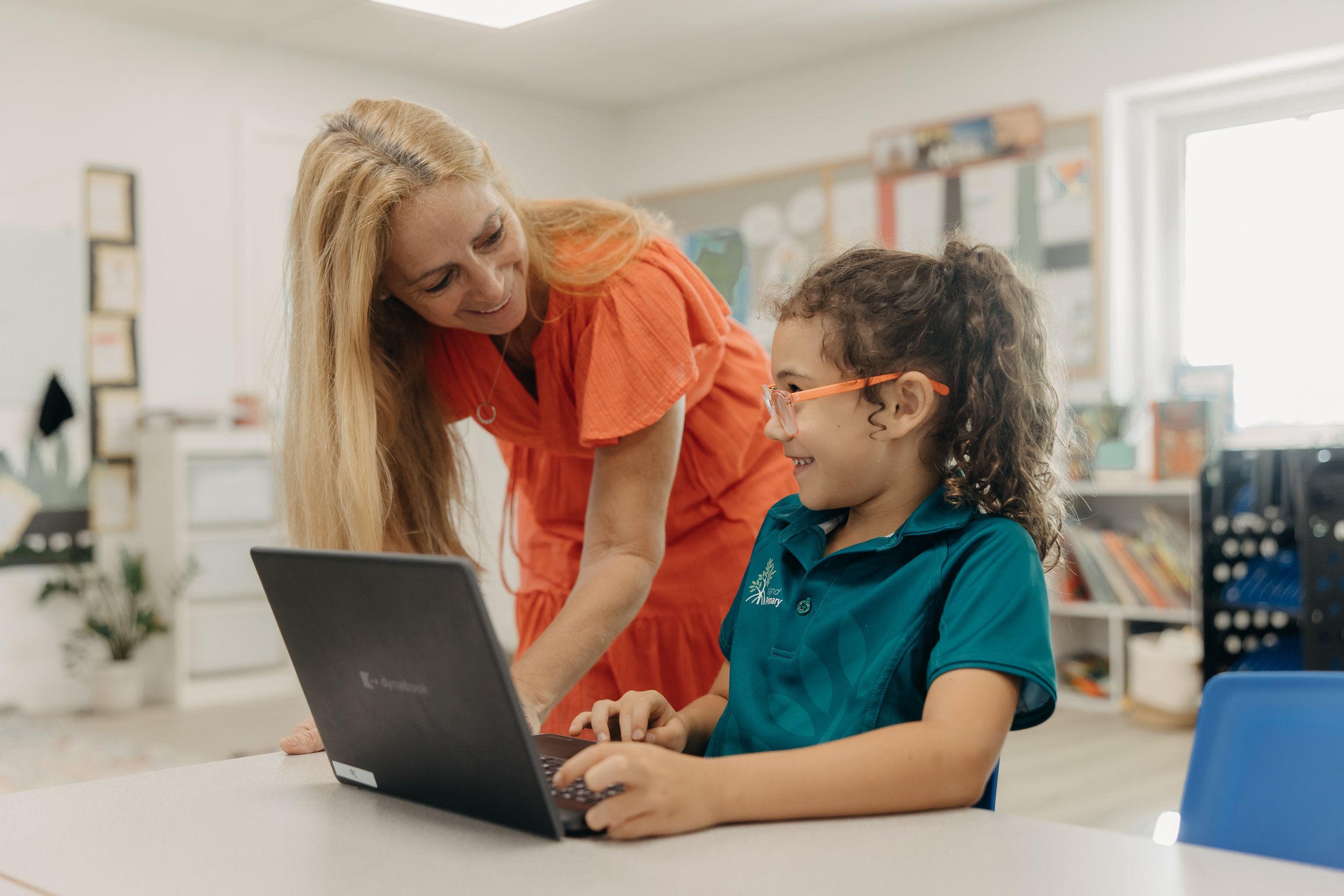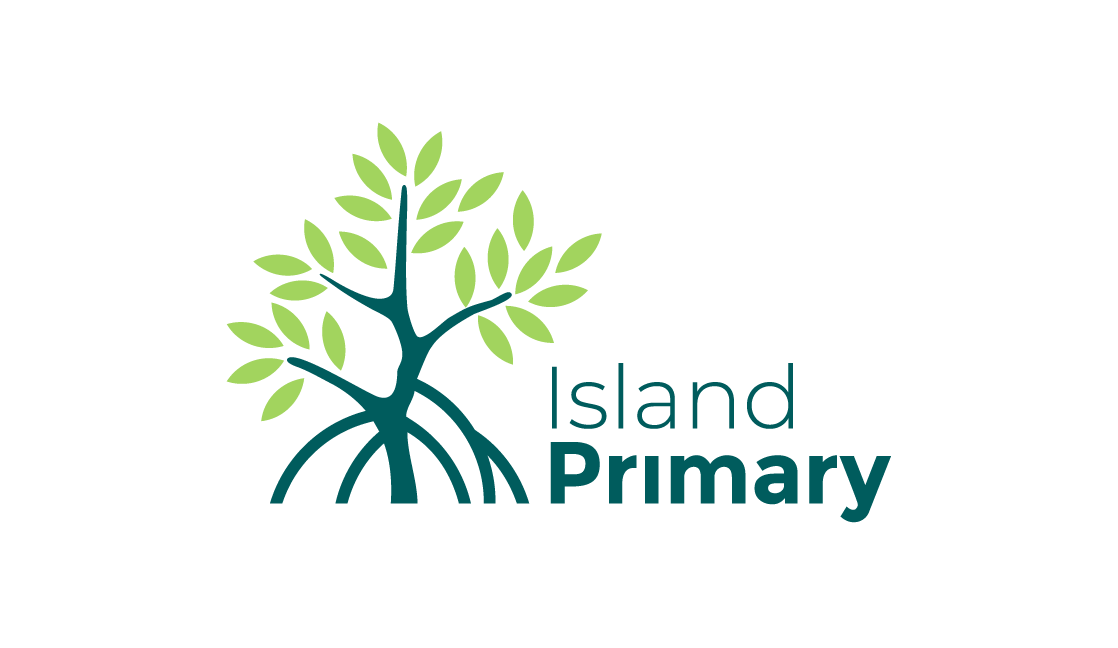
Academics
Junior Curriculum
Junior Curriculum: Year 3 through Year 6
Our curriculum for Juniors (7 to 11 years of age), seeks to continue to develop knowledge, skill and understanding towards mastery across the subjects, with discrete subject-based lessons embedded within larger, integrated units of enquiry.
At this stage, skills within the core subjects look to become more fluent and automatic in their use. As children move steadily through the curriculum from Year 3 to Year 6, English and maths skills focus on developing greater efficiency and confidence with using larger numbers, reasoning, solving multi-step problems, reading/listening for a deeper more abstract understanding of texts, and writing/speaking with a specific audience or purpose in mind. In science, content and theoretical knowledge continue to be balanced with practical investigations, with the scientific method becoming more structured in preparation for secondary school.
The foundation subjects, while seeking to deepen their own content knowledge and to develop their own set of unique skills and attributes, are integrated within units of enquiry to naturally and authentically enhance children’s understanding of broader concepts. As with the Infant Curriculum, linking learning remains vital to the Junior Curriculum, particularly in developing a network of thoughts, values, beliefs for discussion, even debate, with peers. The units of learning resonate with the skills and knowledge taught by our specialist teachers in the subjects of music, PE, modern foreign language and computing, enhancing children’s understanding of learning being interconnected, but also developing the realisation that knowledge and skills are not finite, but they evolve with them being transferrable, flexible, and adaptable according to each context in which they are used.
It is within the design of these units of learning, underpinned by discrete subject knowledge, and guided by the broader concepts and universal skills found within the British curriculum, that the Island Primary curriculum becomes relevant, significant and engaging to the children. This is where student agency is honed; considerate of individual difference, but unified by our joint responsibilities to people and place, as citizens of our local and global community.
-
From Years 3 to 6, the English curriculum builds on the mechanics of reading learned from Reception to Year 2. Reading, writing, speaking, and listening develop increased fluency, accuracy, intonation, and comprehension with children working towards understanding and appreciating how, why, and when to adapt their use to fit specific contexts, including purpose and audience.
Children will have opportunities to read and write across a wide range of genres, writing creatively and reading for enjoyment while continuing to make connections and explore patterns embedded within both; learning from literary devices experienced as part of the receptive literacy skills of listening and reading and then using these when writing and speaking as part of expressive literacy.
Of particular importance, too, is developing authentic use of English literacy across disciplines in the core, foundation, and specialist subjects. Recognising the importance of strong English skills and knowledge, and using these effectively as tools for higher level thinking and communicating in other subjects, is key to understanding the wider concept of literacy within this stage of the primary school curriculum.
-
The mathematics curriculum continues to develop children’s fluency and sense of number, both whole numbers and parts of a whole. Computation skills and problem solving become gradually more complex often involving multiple steps as part of the process, while the size of numbers used also increases. Throughout, there is a focus on moving from concrete to more abstract representations of number and computation, ensuring a full understanding of not only what to do, but how and why it works. In so doing, skills become transferrable as patterns are discerned and links made between and within maths concepts.
The maths curriculum also involves developing children’s reasoning abilities, extending mathematical vocabulary to more accurately articulate thinking, and exploring mathematical relationships to innovate methods of problem solving for greater efficiency. Spatial awareness, measurement, and statistics are all learned as discrete lessons, but also meaningfully employed as elements of integrated units of learning.
-
Within Juniors, the practical nature of science, specifically using the scientific method to structure investigations and to share learning, is balanced with developing content knowledge within broader units exploring topics including living things, materials, forces, and energy. Each unit seeks to develop children’s understanding of concepts such as change, causation, form, and function by placing learning within the context of the Cayman Islands and the Caribbean.
-
Comprising mostly geography and history within the Junior curriculum, social studies topics are often adapted from the British Curriculum to ensure they remain relevant and significant to our children. International content is still explored, providing both historical and geographical contexts and a means by which comparisons can be made. As with science, social studies topics are often taught as part of integrated units of learning and involve utilising skills and knowledge learned from within other disciplines in the Junior curriculum.
-
Computing skills and knowledge are embedded throughout the Junior curriculum with lessons taught by the computing teacher but in the regular classroom setting. A wide range of technology is made available for the children to use as they learn how to programme, retrieve, organise, store, and share information while exploring a range of digital systems and networks with a focus on remaining safe, responsible, and respectful at all times.
-
Music is integral to Island Primary life, not only as a key component of enriching an integrated curriculum, but as a means by which children are encouraged to develop an appreciation for and inspire a love of music in all its guises. Whether through experiencing, creating, and performing music as part of a school assembly or school production or as part of a wider community event, music develops skills, values, and character traits within a unique context and with highly distinctive results.
-
Our physical education curriculum is designed with two overarching goals in mind: Developing a general love for sports and games which translates into our children choosing to lead active and healthy lifestyles; and offering a wide variety of sporting opportunities for our children to explore in the hope that one or more of these is further refined, perhaps even to competitive levels, should they so desire.
-
Spanish is taught to all year levels at Island Primary with standards guided by the British Curriculum but with content very much aligned with our integrated units of study. Aside from developing more grammatical aspects of language including fluency, accuracy, and vocabulary, Spanish lessons also focus on promoting an increased appreciation and understanding of other cultures. A balance of reading, listening, writing, and speaking focuses learning on the practical application of Spanish.
-
As a school rooted in Caymanian culture, religion and religious education play an integral role in Island Primary remaining connected to its local community. While not affiliated with a particular church or Christian denomination, assemblies will include a form of thanks or devotion during these times of community building, with Island Primary committed to nurturing and modelling the universally held values and principles shared across many religions and beliefs.
-
Our PSHE curriculum focuses on developing children’s knowledge and understanding of themselves as individuals living within a community of individuals. We explore our needs and wants and the responsibilities we have for regulating and balancing each while developing an increased awareness of both in the people around us. Health and wellness skills and practices are vital components of our PSHE curriculum and to us being the best versions of ourselves, possible. This also extends to us learning how and why we build healthy communities, both large and small, and what our roles and responsibilities are to supporting, or perhaps leading, community building.
-
Art and design are taught by the class teacher both as discrete lessons and as transferrable skills for use to express learning embedded within other subject areas. As with PE, a primary focus is placed on providing children with experiences in using different materials and techniques which can then be employed, after some level of critical thinking, particularly in working to ensure the medium or style match the intent or purpose.
-
Design and Technology is very much a practical subject designed to offer opportunities for children to innovate, create, problem solve, and wonder. It is enquiry in action, requiring as much in the way of curiosity, resilience, and courage as intellect or skill, with this subject also complementing and employing much of what is taught across other areas of the curriculum. This subject area forms a significant component found within STEAM education (science; technology; engineering; the arts; mathematics).
